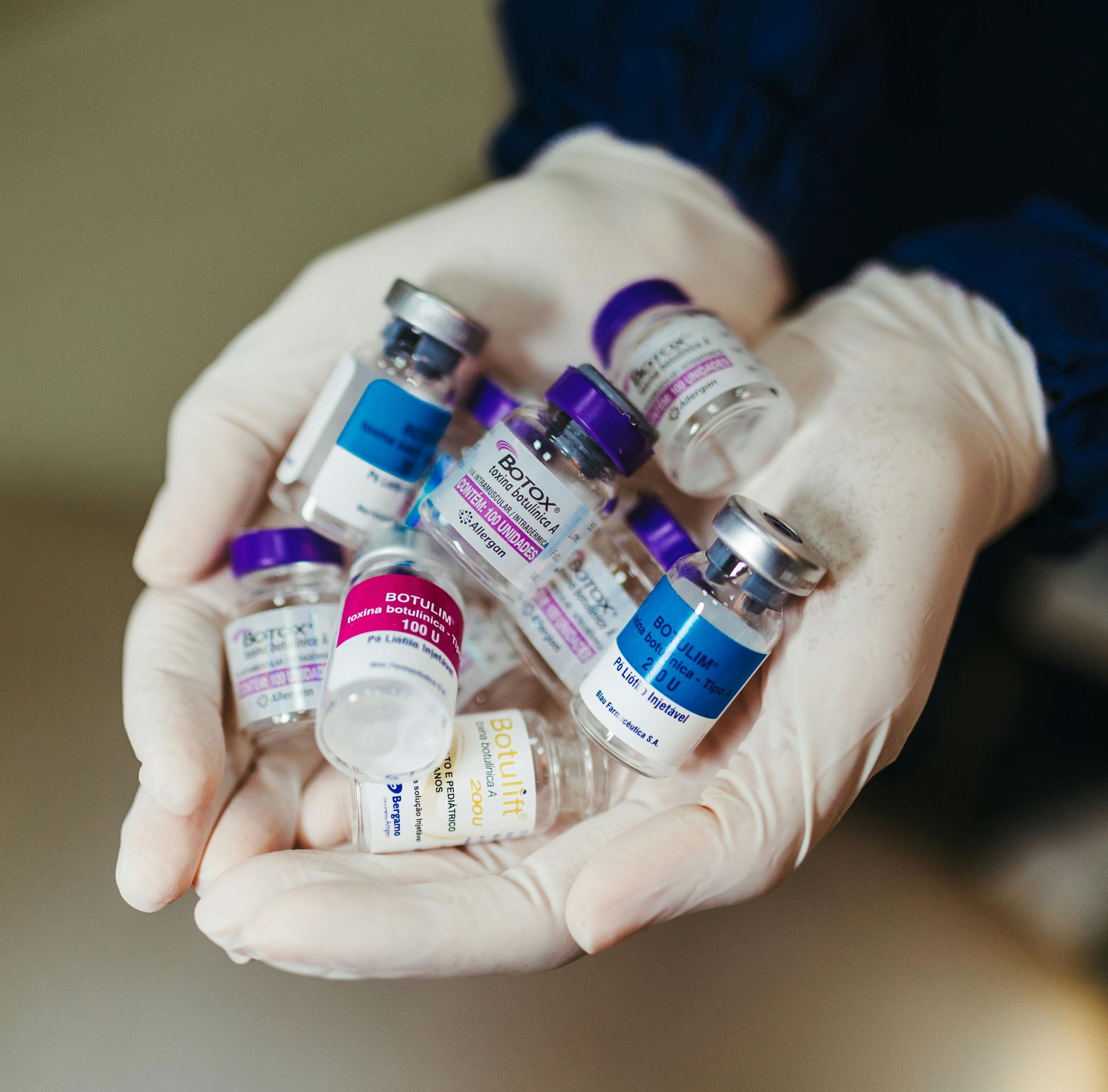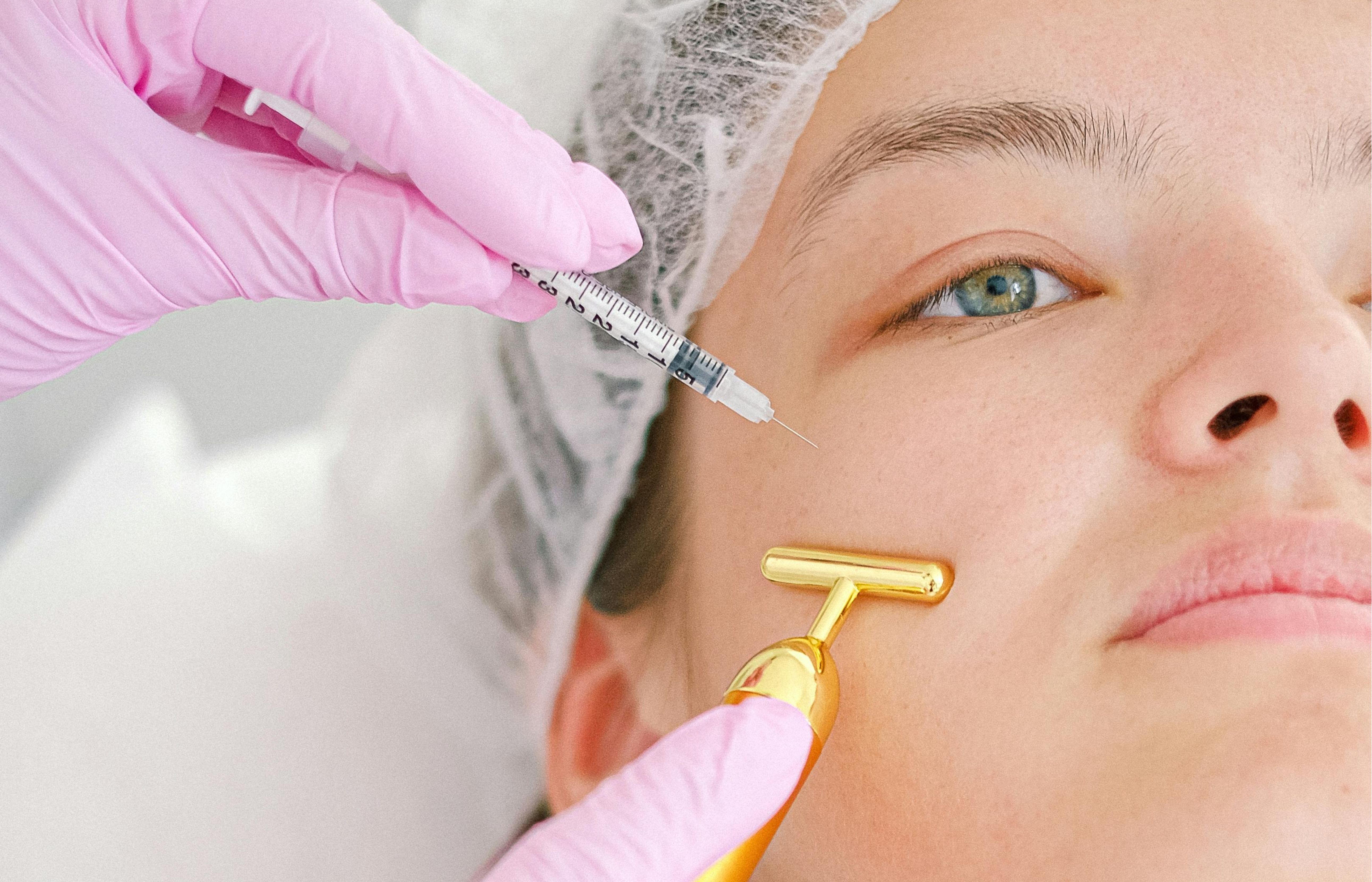Living well
Unsustainable & it exploits animals: How can botox be good for you and the planet?
Lynsey Clayton
Share
More

Botox, or botulinum toxin, is a neurotoxin derived from the Clostridium bacteria. It paralyses muscles temporarily, reducing wrinkles such as frown lines, crow’s feet and forehead creases. It can also slim the jawline and alter facial contouring.
Valued at around €6.8 billion in 2022, the global Botox industry is expected to hit €10 billion by 2030.
Botox beyond beauty: Its medical uses
Botox isn’t just cosmetic—it treats conditions like excessive sweating, chronic migraines, overactive bladder, uncontrollable blinking, and muscle spasms by relaxing overactive muscles and blocking nerve signals for temporary relief.
Is botox vegan, sustainable, and worth it?
At first glance, botox may seem vegan – it contains no animal-derived ingredients. However, as a medical product, it must undergo animal testing in many countries, including those in the EU and US.
During testing, mice are injected with the toxin, leading to paralysis and a slow, painful death. Therefore, Botox cannot be considered vegan.
The ethical dilemma
 Anna Shvets
Anna Shvets
If used for essential medical reasons, Botox may be considered acceptable under the Vegan Society’s definition, which allows for exceptions where “possible and practicable.” But using Botox for cosmetic purposes doesn’t meet this standard.
Medical choices are personal and should be made with a healthcare professional. But it’s also true that animal testing is not always the most effective way to trial drugs for humans.
Read more Liu Lin stands out on the vegan scene for offering sustainable yet affordable Taiwanese food
Botox alternatives & skin care tips
Look for cruelty-free products with Vitamin C or E – both reduce fine lines and protect against skin damage. Alternatively, microneedling boosts collagen by gently pricking the skin, helping to firm and smooth.
Protect your skin by wearing SPF daily, eating a plant-based diet rich in vitamins A, C, and E, staying hydrated, and avoiding excessive sun exposure to help maintain firmness and reduce wrinkles.
For some, ageing gracefully is a better, kinder option.
